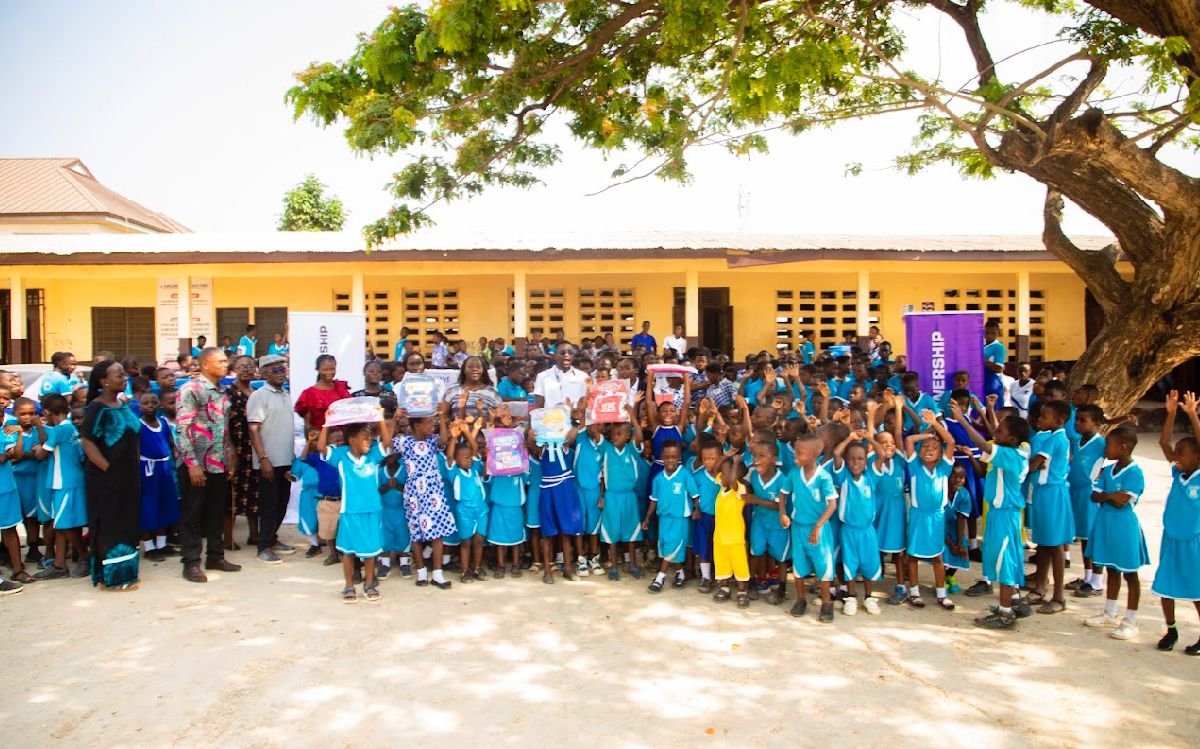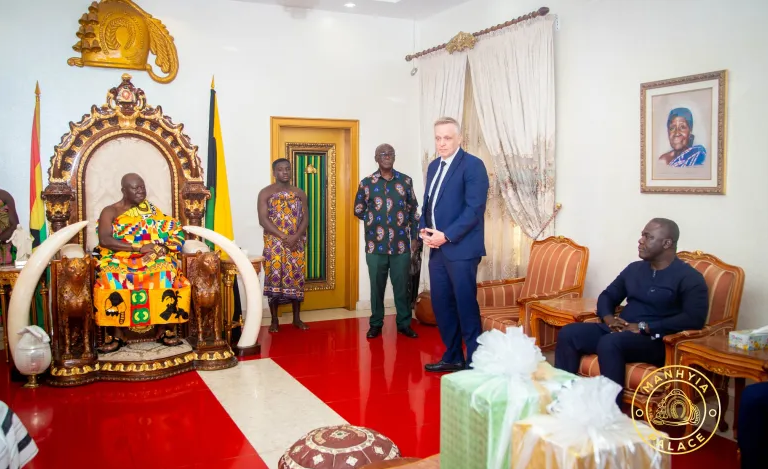ARTICLE AD
The 12-month project, sponsored by Swiss Agency for Development and Cooperation, is expected to enhance migrant workers’ protection and right-based regular pathways for labour migrants in the three countries.
Dubbed: ‘Improving labour migration governance and ethical recruitment practices in Cote d’Ivoire, Ghana and Nigeria,’ it would also address exploitative employment of migrant workers, while building capacity of various stakeholders, including state and recruitment agencies to protect migrants.
In Ghana for instance, a code of conduct would be developed for private recruitment agencies operating in the country to help sanitise the labour migration space.
At the launch of the project in Accra on Wednesday, the IOM Chief of Mission to Ghana, Fatou Ndiaye Diallo, and the Swiss Ambassador to Ghana, Simone Giger, signed the contract for the project.
Ms Diallo said the multi-country approach was because working in silos would not help protect migrant workers’ rights.
She said Africa’s growing youth population and the increasing number entering the job market had necessitated safe and orderly migration pathways for decent work, especially the recruitment stage.
Ms Diallo said vulnerabilities and exploitation of migrant workers often started at the recruitment stage through unethical practices like passport withholding, contract substitution, and charging fees.
She said the successful implementation would not only further IOM’s efforts in ensuring safe and orderly migration, but also help governments manage labour migration efficiently.
Ms Giger said the project would help harness the full development potential of labour migration for countries of origin and destination
This, she said, would be achieved by combating unethical practices like excessive fees and debt bondage that lead to exploitation, and strengthening protections for migrant workers’ rights.
Ms Giger further noted that her country was sponsoring the project because promoting ethical recruitment and empowering migrants through safe and orderly migration journeys is key to unlocking the socio-economic benefits of labour mobility.
The Deputy Minister of Employment and Labour Relations, Dr Festus Awuah Kwofie, stated the government acknowledges the importance of labour migration and benefits through remittances, and would therefore support the effective implementation of the project.
BY JONATHAN DONKOR

 7 months ago
54
7 months ago
54 

